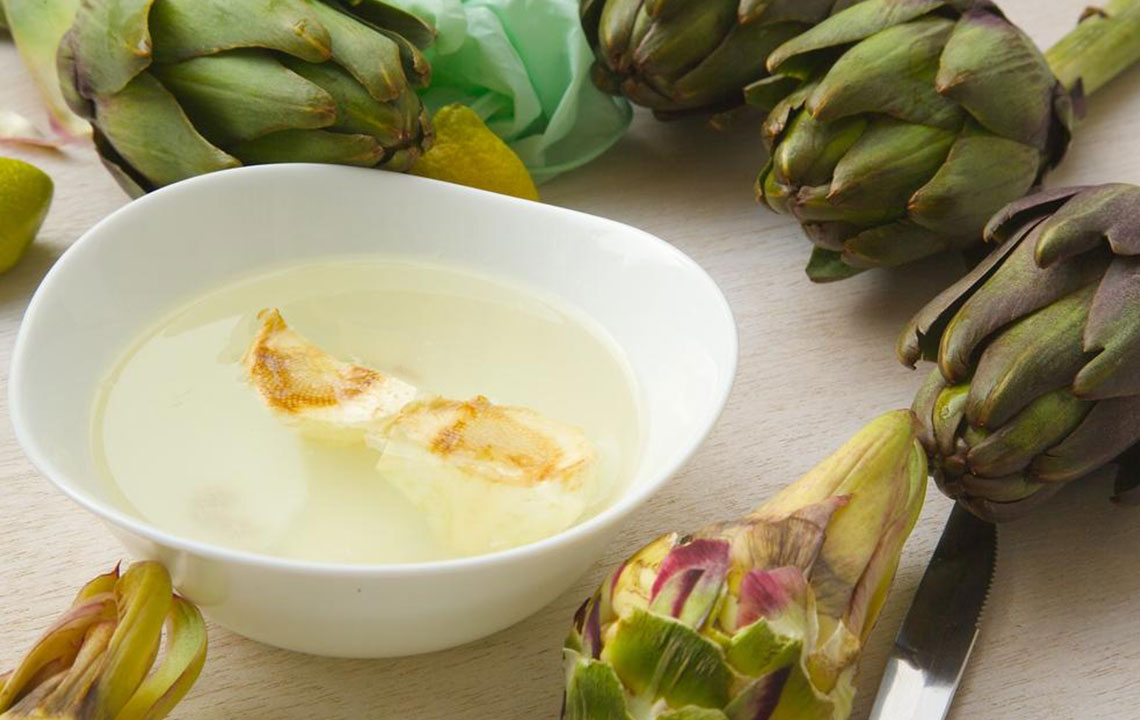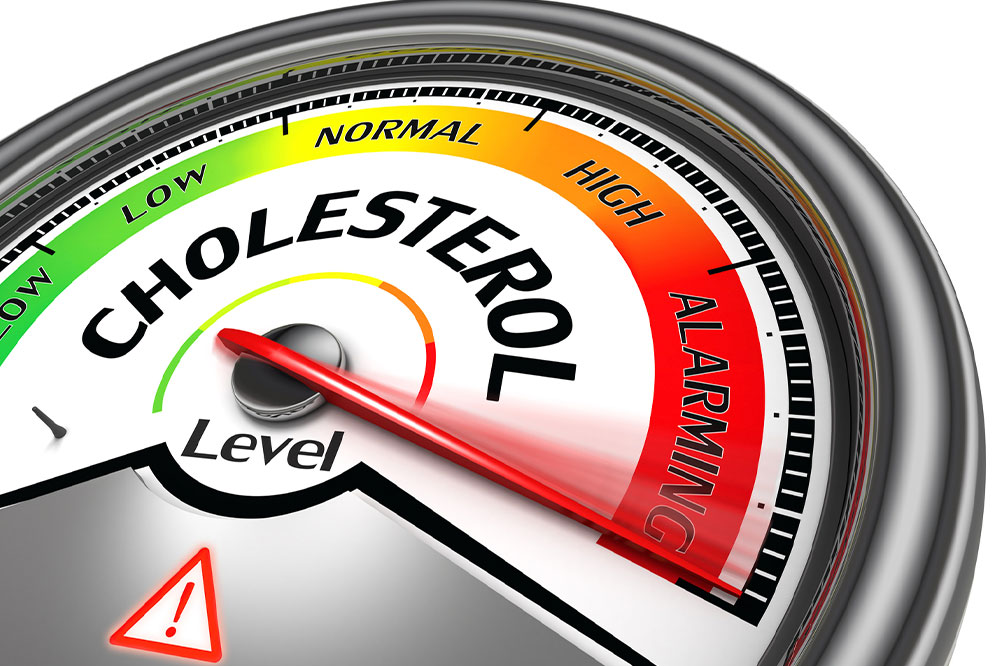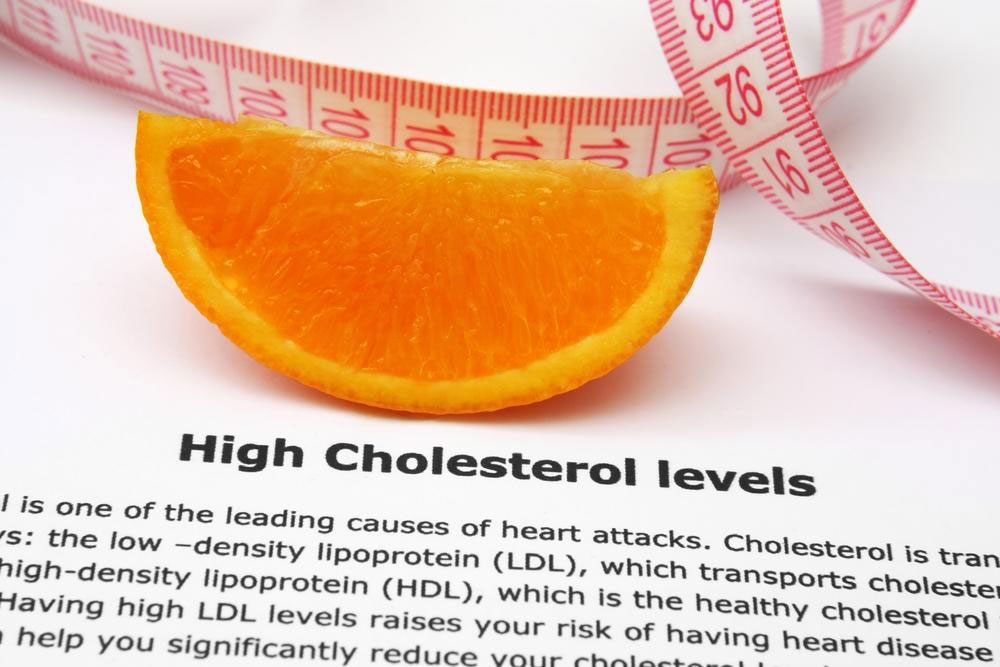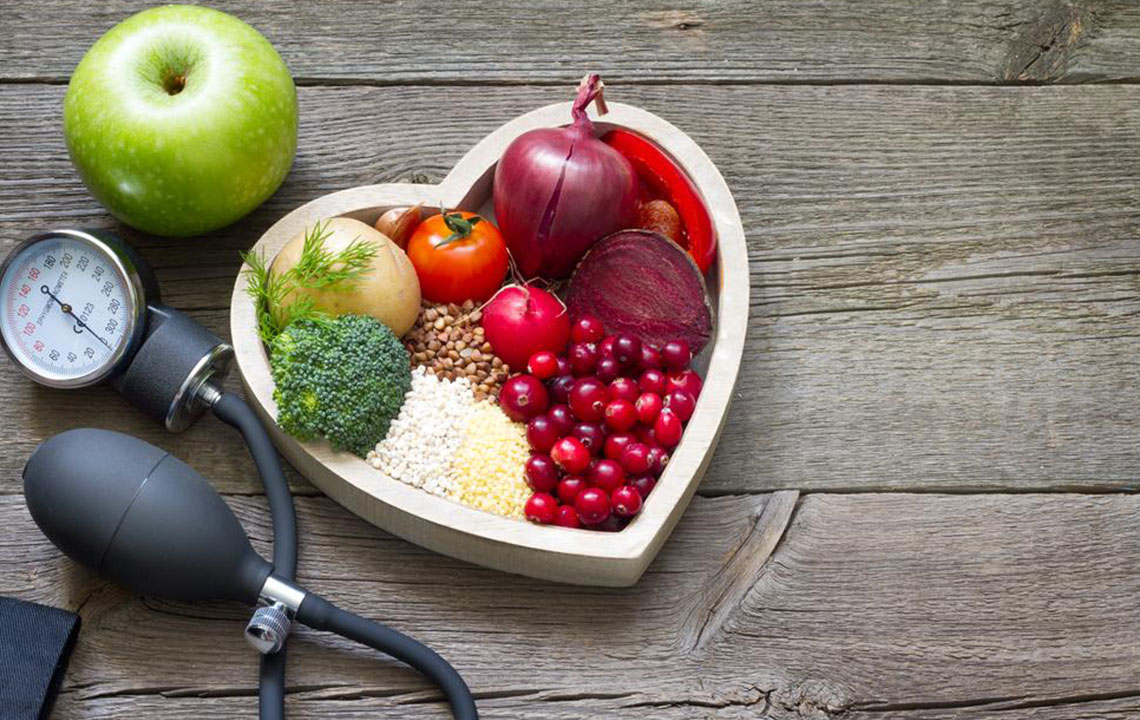Natural and Effective Methods to Reduce Bad Cholesterol Levels
Learn effective natural methods to lower LDL cholesterol through lifestyle changes and alternative medications. This guide covers dietary adjustments, physical activity, and safe medical options to support heart health and prevent cardiovascular diseases.

Alternative Strategies for Managing Elevated Cholesterol
While statins are frequently prescribed to lower LDL cholesterol, they may lead to side effects or be less effective due to genetic factors. Luckily, there are numerous alternative options to help decrease cholesterol levels.
Discover these lifestyle adjustments and alternative treatments to enhance your heart health naturally.
Medications
Various medicines can serve as alternatives to statins.
Bile Acid Sequestrants
These agents bind bile acids in the gut, promoting their excretion. As bile acid levels drop, the liver increases cholesterol uptake to compensate, resulting in reduced LDL levels. Examples include colestipol, cholestyramine, and colesevelam.
Ezetimibe
This drug blocks specific proteins responsible for cholesterol absorption in the small intestine, decreasing overall blood cholesterol and encouraging the liver to draw more cholesterol from circulation.
Vitamin B3 (Niacin)
Known for increasing HDL (good cholesterol), niacin also lowers triglycerides and inhibits LDL production. While less potent, it is often recommended alongside other treatments to balance cholesterol levels with fewer side effects.
Fibrates
These medications target VLDL particles that carry triglycerides and cholesterol. Fibrates like gemfibrozil and fenofibrate reduce VLDL synthesis and enhance triglyceride breakdown, improving lipid profiles.
Omega-3 Fatty Acids
Present in fatty fish and flaxseeds, omega-3s boost HDL and decrease triglycerides and LDL levels. Supplements are an option if dietary intake is insufficient.
Always consult a healthcare provider before initiating any medication, as interactions and side effects are possible.
Dietary Changes
Food choices play a crucial role in managing cholesterol. Focus on healthy, natural fats and limit processed oils and excess sugars. Incorporate these foods:
Spinach
Contains lutein, which prevents artery plaque formation, supporting cardiovascular health.
Avocado
Rich in beta-sitosterol, a plant sterol that reduces cholesterol absorption from food.
Dark Chocolate
High in antioxidants that help prevent arterial clogging, especially dark varieties (>70%).
Olive Oil
Replacing cooking fats with olive oil can lower cholesterol absorption due to its healthy fats.
Legumes
Rich in fiber and healthy fats, they aid in reducing LDL cholesterol.
Tea
Antioxidant-rich teas can help lower lipid levels and promote heart health.
Garlic
Contains compounds that hinder plaque development in arteries.
Red Wine
Contains resveratrol and other antioxidants, beneficial when consumed in moderation.
Oats
Beta-glucan helps absorb LDL cholesterol, supporting lower blood levels.
Physical Activity
Consistent exercise is essential in cholesterol management. Start with moderate activities like brisk walking or gardening, then gradually include:
Running or jogging
Hiking
Swimming
Cycling
Sports such as tennis or soccer
Strength training can boost metabolism and aid in calorie burning, offering an effective alternative to medications.
Making these lifestyle changes can help maintain healthy cholesterol levels naturally and support your cardiovascular well-being. Always consult a healthcare professional before starting new routines.
Reminder:
This information is for educational purposes only and not a substitute for medical advice. Consult your healthcare provider for personalized guidance before beginning any new treatment or significant lifestyle change. The accuracy and completeness of the content are not guaranteed.


